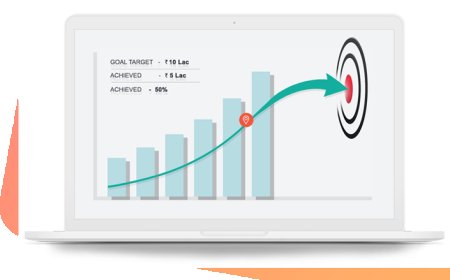How does mileage affect car insurance rates in Pittsburgh, PA
Live in Pittsburgh and drive less than average? Learn how your annual mileage can help you unlock car insurance discounts and lower your premium in 2025.

When shopping for car insurance, most people focus on big-ticket factorslike their driving record, age, or coverage type. But one sneaky little number that quietly shapes your premium is your annual mileage. And if you live in Pittsburgh, this matters more than you might think.
Many insurers use annual mileage as a key risk metric. If you drive fewer miles each year, you're statistically less likely to file a claimand that can lead to low-mileage insurance savings in Pittsburgh.
How Mileage Affects Your Car Insurance Premium in Pittsburgh, PA

Insurance companies often ask how many miles you drive annually. This number helps them estimate:
-
Your risk of being in an accident
-
How much wear and tear your vehicle experiences
-
Your likelihood of needing a claim payout
Generally speaking: the more you drive, the more you pay. Why? Because more time on the road = more exposure to potential accidents, especially in a busy city like Pittsburgh.
Pittsburgh-Specific Factors That Matter
Driving in Pittsburgh means dealing with a few unique challenges:
-
Hilly terrain and winding roads (like those in Mt. Washington or the South Side)
-
Congested rush hours along I-376 and Route 28
-
Tight parking and frequent stop-start traffic
-
Icy winter roads that increase accident risk
If you commute daily through these zones, insurers factor that ineven if you're a safe driver.
But if you drive infrequently, or only use your car for errands and weekend trips, you may be overpaying for your insurance.
What Counts as Low Mileage?
Each insurer defines low mileage a bit differently, but generally:
| Annual Mileage | Classification |
|---|---|
| Under 7,500 miles | Low mileage |
| 7,50012,000 miles | Average mileage |
| Over 12,000 miles | High mileage |
If youre working from home, retired, or simply live close to your job, you might already qualify as a low-mileage driverand not even realize it.
Ways to Unlock Low-Mileage Insurance Savings in Pennsylvania
-
Accurately Report Your Mileage
Dont estimateuse your odometer or track your usage monthly. Insurers often accept self-reported mileage, especially at renewal time. -
Enroll in Usage-Based Programs
Programs like Allstates Milewise, Nationwides SmartMiles, or Progressives Snapshot reward low-mileage, safe driving with discounts. -
Request a Review or Mileage Verification
If your lifestyle has changed (e.g., remote work), ask your insurer to re-rate your policy based on new driving habits. -
Park in a Low-Risk Area
If your mileage is low and you garage your vehicle in a safe area (like Squirrel Hill or Mt. Lebanon), you could see deeper discounts.
Are You a Candidate for Pay-Per-Mile Insurance?
Pay-per-mile policies charge you based on how many miles you drive each monthplus a low base rate.
Great fit if you:
-
Drive fewer than 8,00010,000 miles/year
-
Use public transportation frequently
-
Own a second vehicle
-
Only use your car for short commutes or errands
These policies are growing in popularity in cities like Pittsburgh where occasional drivers want full coverage without overpaying.
Hidden Benefits of Driving Less in Pittsburgh
-
Reduced accident risk (especially during snowy seasons)
-
Lower maintenance costs and tire wear
-
Cheaper fuel and parking expenses
-
Fewer chances of parking lot dings or city vandalism
Also, less driving means fewer claims over timesomething insurers reward with lower renewal rates.
Want to know more about how insurers evaluate risk? Check out usage-based insurance.
Final Thoughts
If youre not putting major miles on your car each year, your insurance should reflect that. In a complex city like Pittsburgh, where road conditions, traffic, and weather amplify risk, even a modest cut in driving can yield significant low-mileage insurance savings.
Whether youve recently gone remote, downsized your commute, or just dont drive much, nows the time to revisit your policyand ask your provider about mileage-based discounts.




































